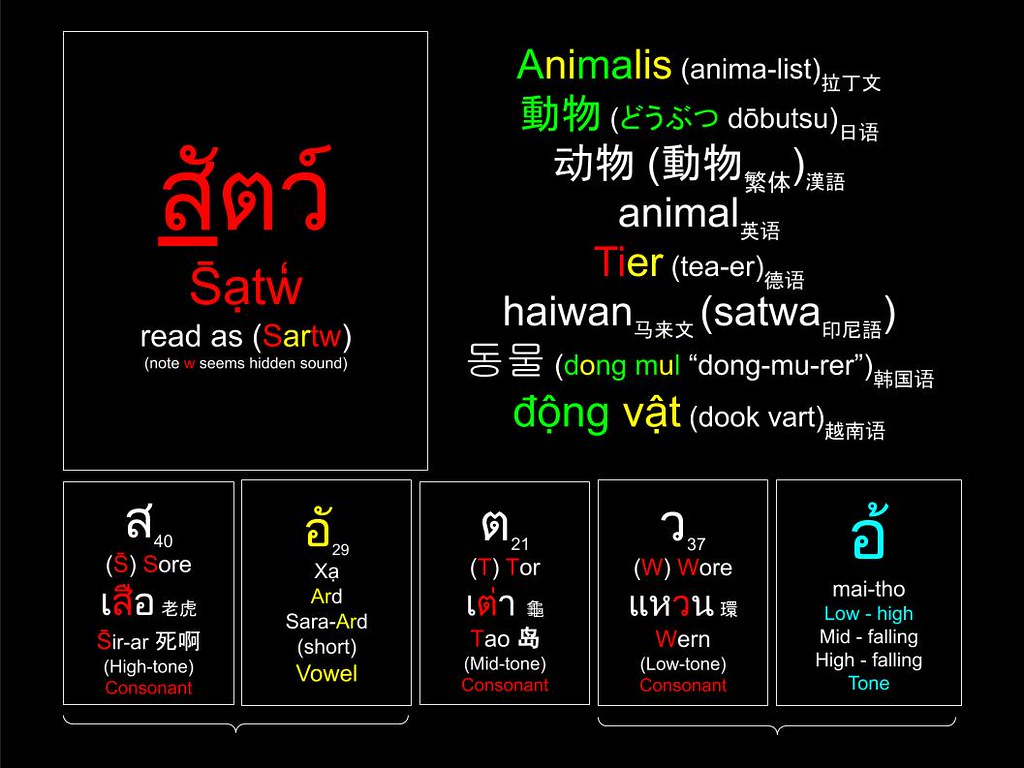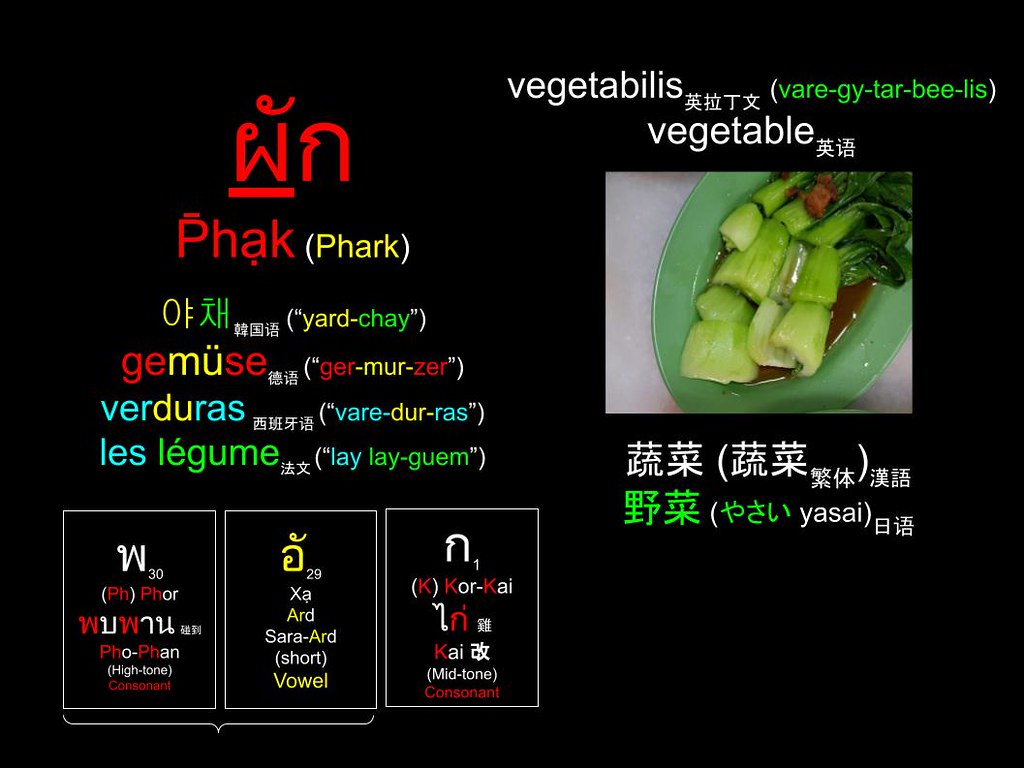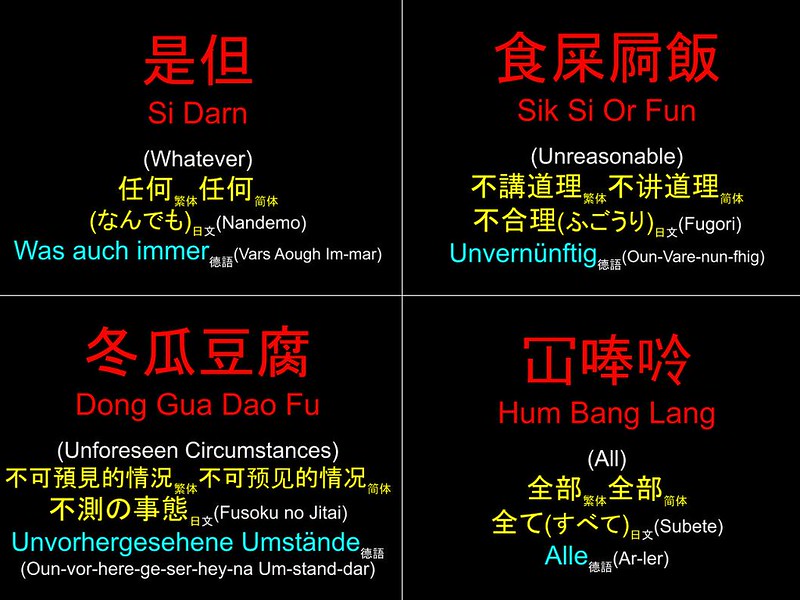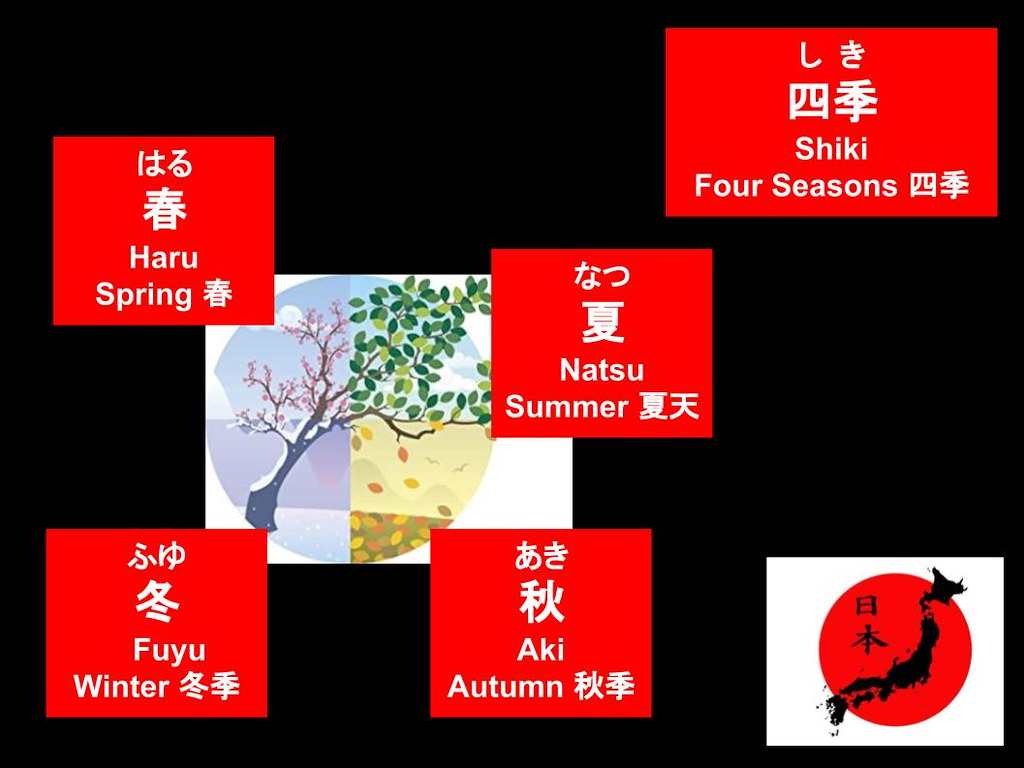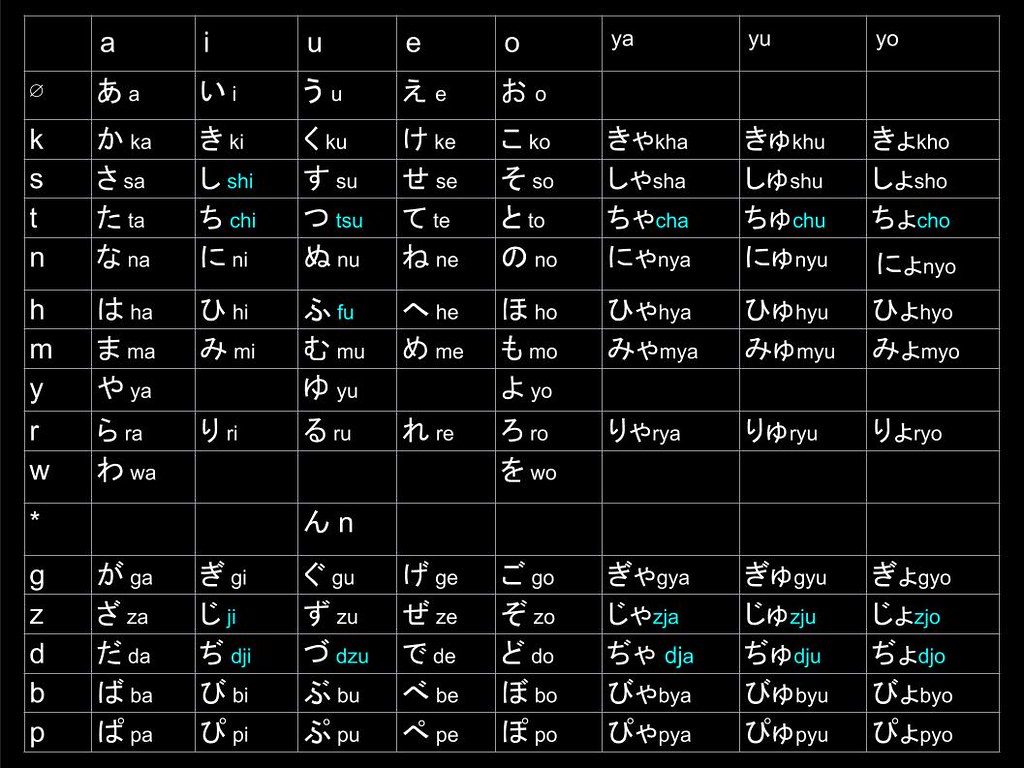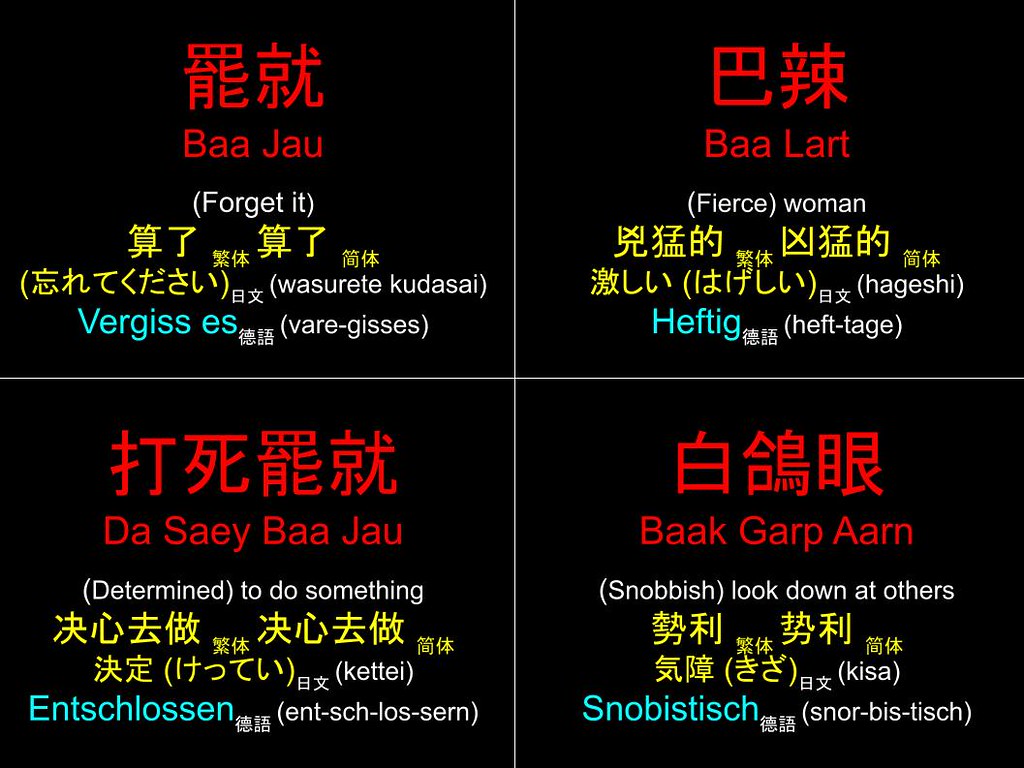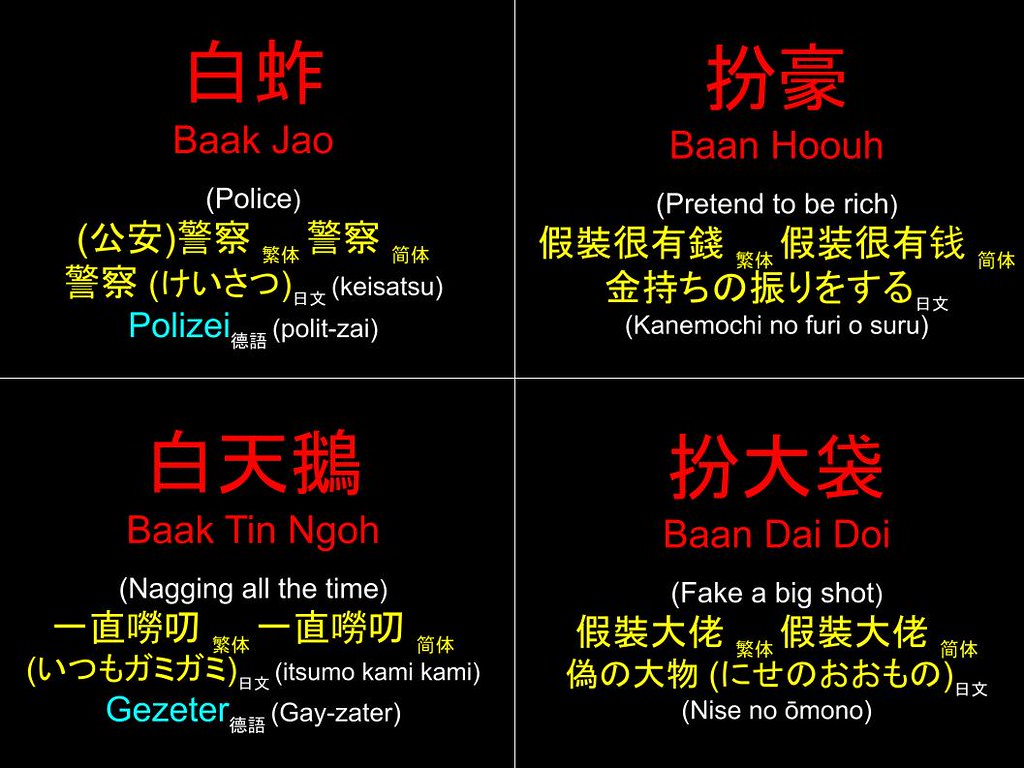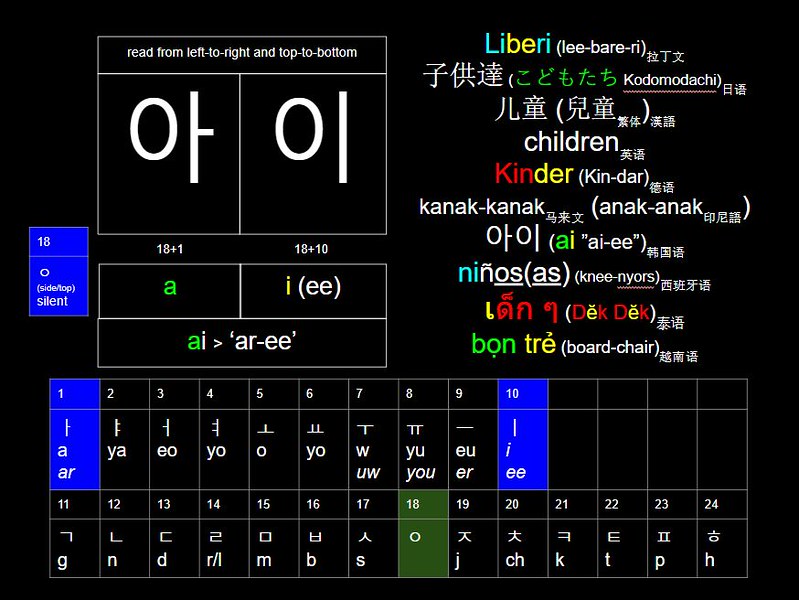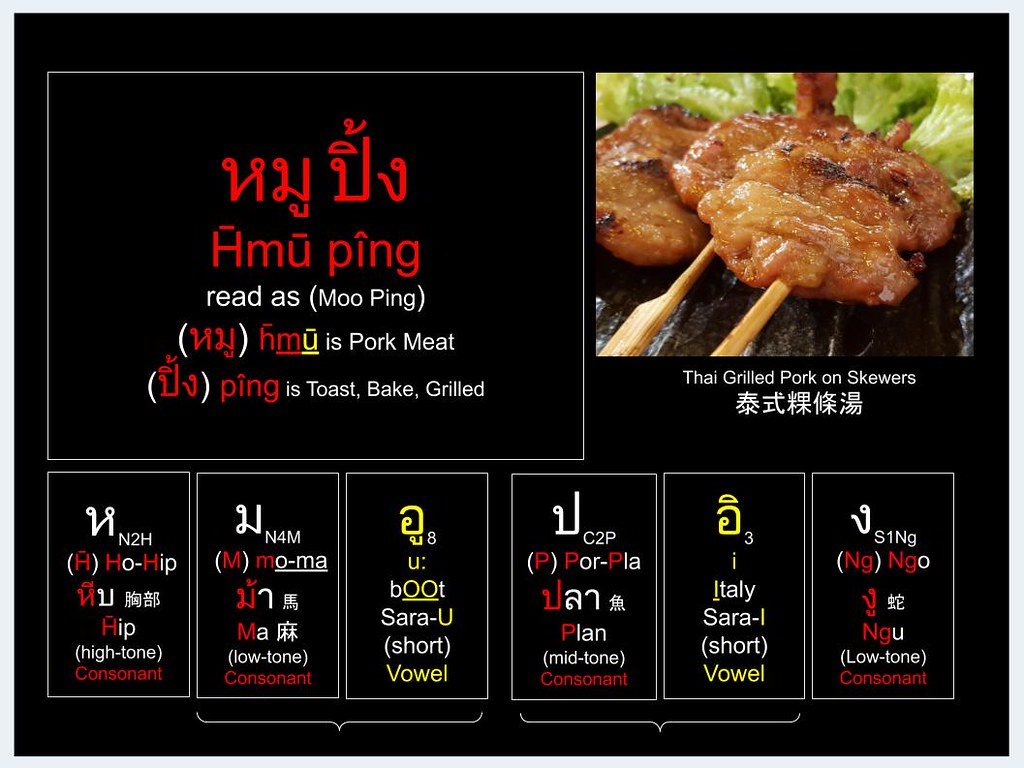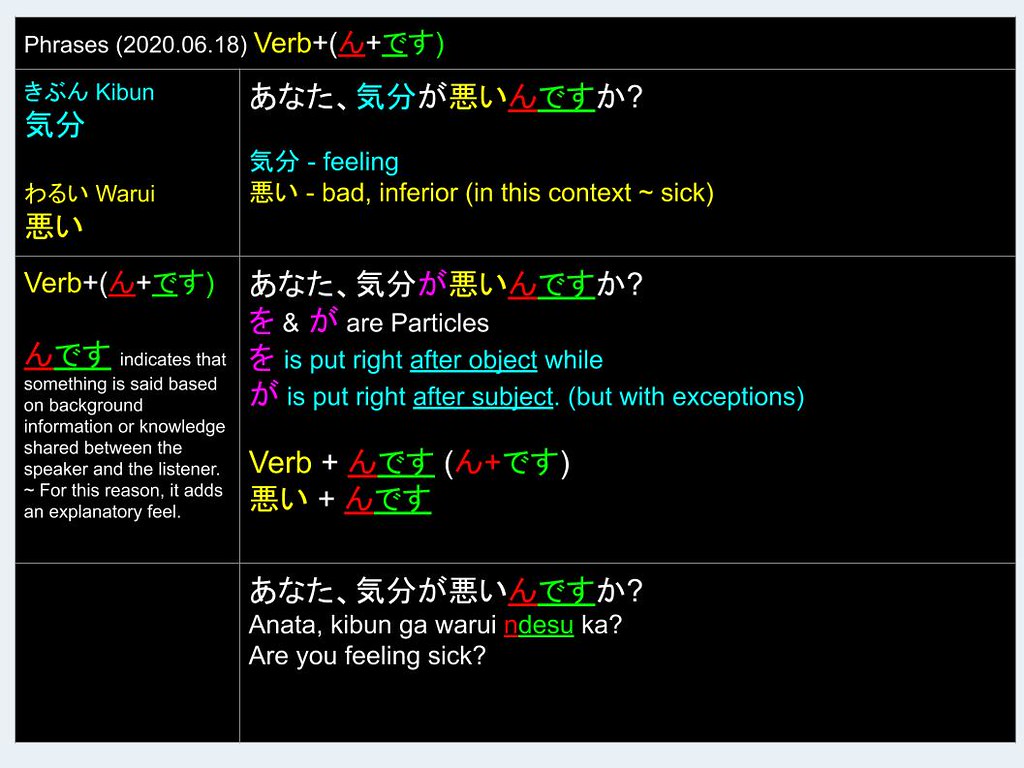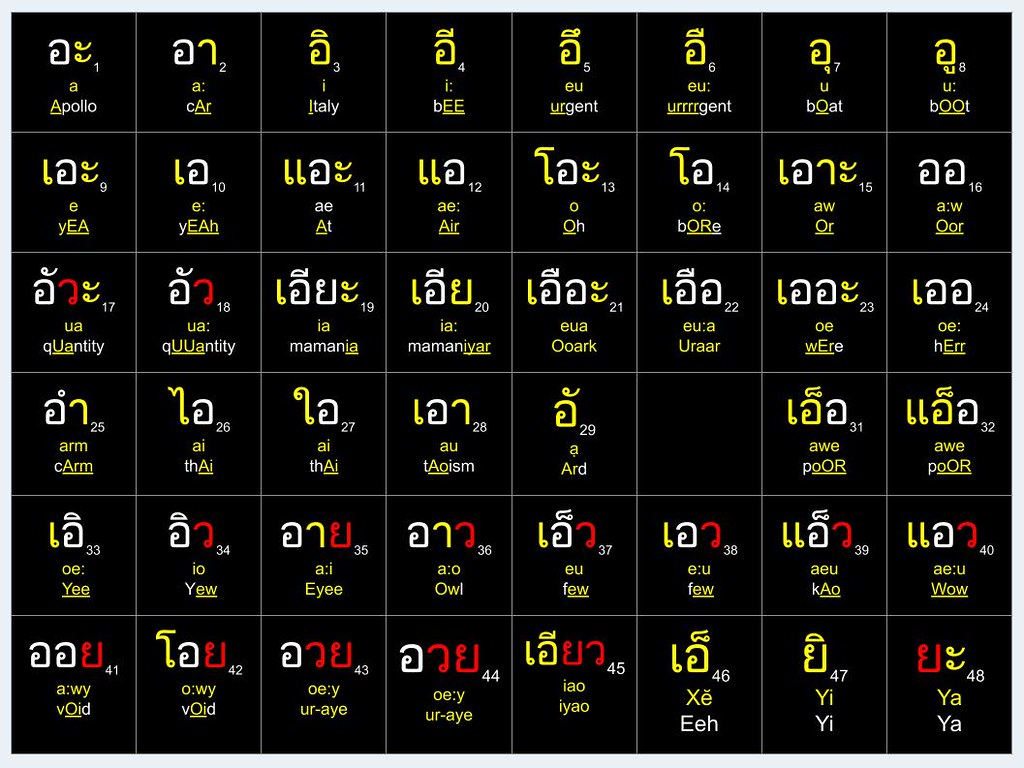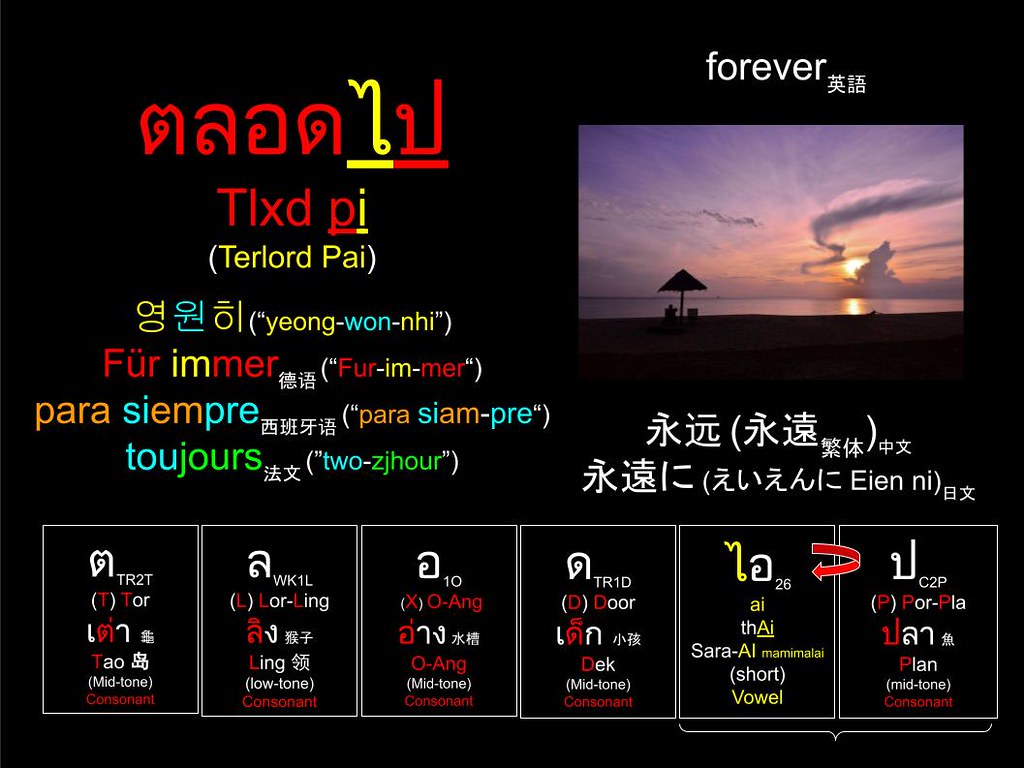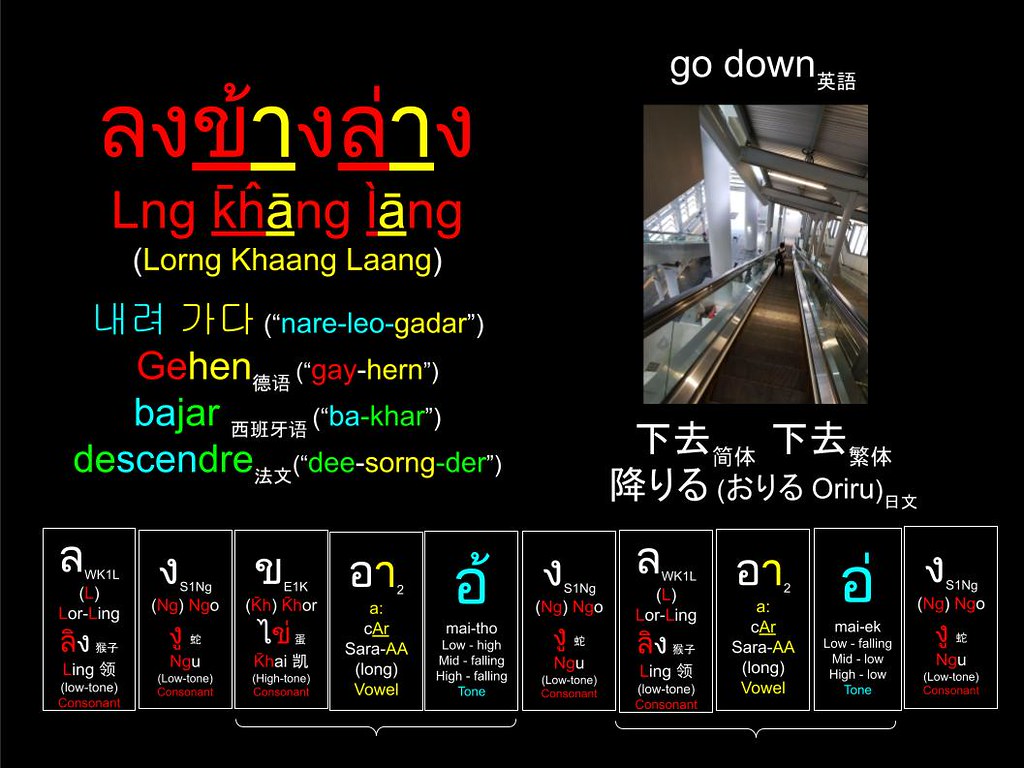《心經》
... 菩提萨埵,依般若波罗蜜多故,
心无罣碍,无罣碍故,无有恐怖,
远离颠倒梦想,究竟涅槃。
这一回要看看以下的六个字
《远离颠倒梦想》
《遠離》 的意思
... 菩提萨埵,依般若波罗蜜多故,
心无罣碍,无罣碍故,无有恐怖,
远离颠倒梦想,究竟涅槃。
这一回要看看以下的六个字
《远离颠倒梦想》
《遠離》 的意思
就是沒有了,已經離開了
《顛倒》 的意思就是
把這個《真》的就看成《假》的
那麼把《假》的就看成《真》的
《夢想》 的意思
《顛倒》 的意思就是
把這個《真》的就看成《假》的
那麼把《假》的就看成《真》的
《夢想》 的意思
是說我們都始終把種種
《得到的》跟《失去的》
當成一種妄想
每一個人都有很多這一種妄想
好像如同做夢
想要得到夢中裡面的東西
只要有慾望的人或者有煩惱的人
他都有夢想
看我们华人瘋新车与车牌号码就够了
什么 668 (路路發)888 (發發發)的
也无时无刻都意味着更豪华的车子
《远离颠倒梦想》
就是跟這個《顛倒夢想》已經離很遠了
等於就是沒有了《顛倒》跟《梦想》
《远离颠倒梦想》
给我个人的启发是
如果一个人真能够
找一个安静的地方
不再受五花八门和花花世界的干扰
抛开尘世上的情感和物质上的欲望
但是无奈现代生活不可能那么简单
要放下情感和物质的欲望谈何容易
毕竟如果能够去尝试一个人静下来
做自己想做的事情和过自在的生活
多一些用心去思考
只要能把心静下来
生活是可以很简单
《得到的》跟《失去的》
當成一種妄想
每一個人都有很多這一種妄想
好像如同做夢
想要得到夢中裡面的東西
只要有慾望的人或者有煩惱的人
他都有夢想
看我们华人瘋新车与车牌号码就够了
什么 668 (路路發)888 (發發發)的
也无时无刻都意味着更豪华的车子
《远离颠倒梦想》
就是跟這個《顛倒夢想》已經離很遠了
等於就是沒有了《顛倒》跟《梦想》
《远离颠倒梦想》
给我个人的启发是
如果一个人真能够
找一个安静的地方
不再受五花八门和花花世界的干扰
抛开尘世上的情感和物质上的欲望
但是无奈现代生活不可能那么简单
要放下情感和物质的欲望谈何容易
毕竟如果能够去尝试一个人静下来
做自己想做的事情和过自在的生活
多一些用心去思考
只要能把心静下来
生活是可以很简单




